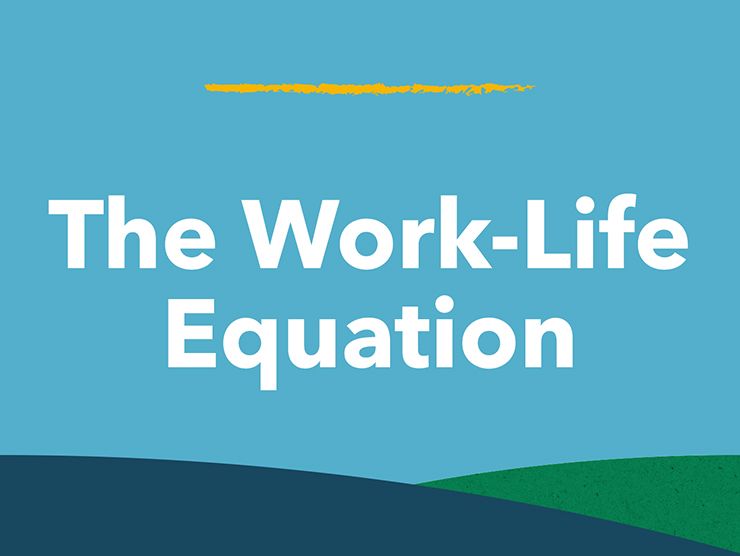The following post comes from Ingrid Shelton, senior consultant with Bright Horizons Workforce Consulting.
Healthcare leaders have their work cut out for them.
Flip through the recent LEAP HR Healthcare conference agenda and you’ll see sessions dedicated to physician burnout, hiring, and future proofing -- all in a field experiencing perpetual seismic shifts. It’s not just the unique quality-of-services/reimbursement business model healthcare has to deal with; it’s also pressures from the consumer world – the Amazon (“we want it right now!”) effect; the gig economy; the digital revolution – all collectively transforming how people work in, and experience, the system.
Common Concerns Across Providers
The key comes down to the industry’s most valuable resource – people who are at their best. And leadership sessions revealed common concerns:
- Environment – the importance of positive culture.
- Retention and succession planning – growing employees from within.
- Building the organization’s tech IQ – data as the key to knowing where the talent needs are and how to respond to them.
The top two synch closely with data we’re about to release about nurses – specifically the value they place on things like culture, career, and development; how those priorities are linked; and how they play out (or should play out) in healthcare talent strategies (the report will be released soon; you can also get a preview from our on-demand webinar, here).
A Barometer for the Healthcare Industry
The data should serve as a barometer for the entire healthcare industry – not just nursing. Nurses may be one of healthcare’s biggest shortages, but they are not the only shortage. Frontlines, as we know, are equally understaffed. And the desire for culture and career are common threads throughout talent pools. Following the trail leads to number three on the above list – a numbers-driven approach to filling roles. One way is to match data for the most dire gaps with what we know about talent goals (specifically development), something my colleague Jonathan Corke wrote about recently following a LEAP leadership strategy session. Multiple client accounts show how employers are effectively leveraging such data to guide spending and lower key shortages.
Such success stories say one thing: that healthcare HR plays a pivotal organizational role. People, after all, drive healthcare; and smart, well-thought-out talent strategies drive people.
“The overarching issue is HR’s responsibility for helping to build the healthcare organization of the future,” concluded Jonathan, “no small feat when faced with shrinking margins and widening skills gaps.”
The answer will come down to accurately reading the diagnostics, and methodically prescribing a cure.





